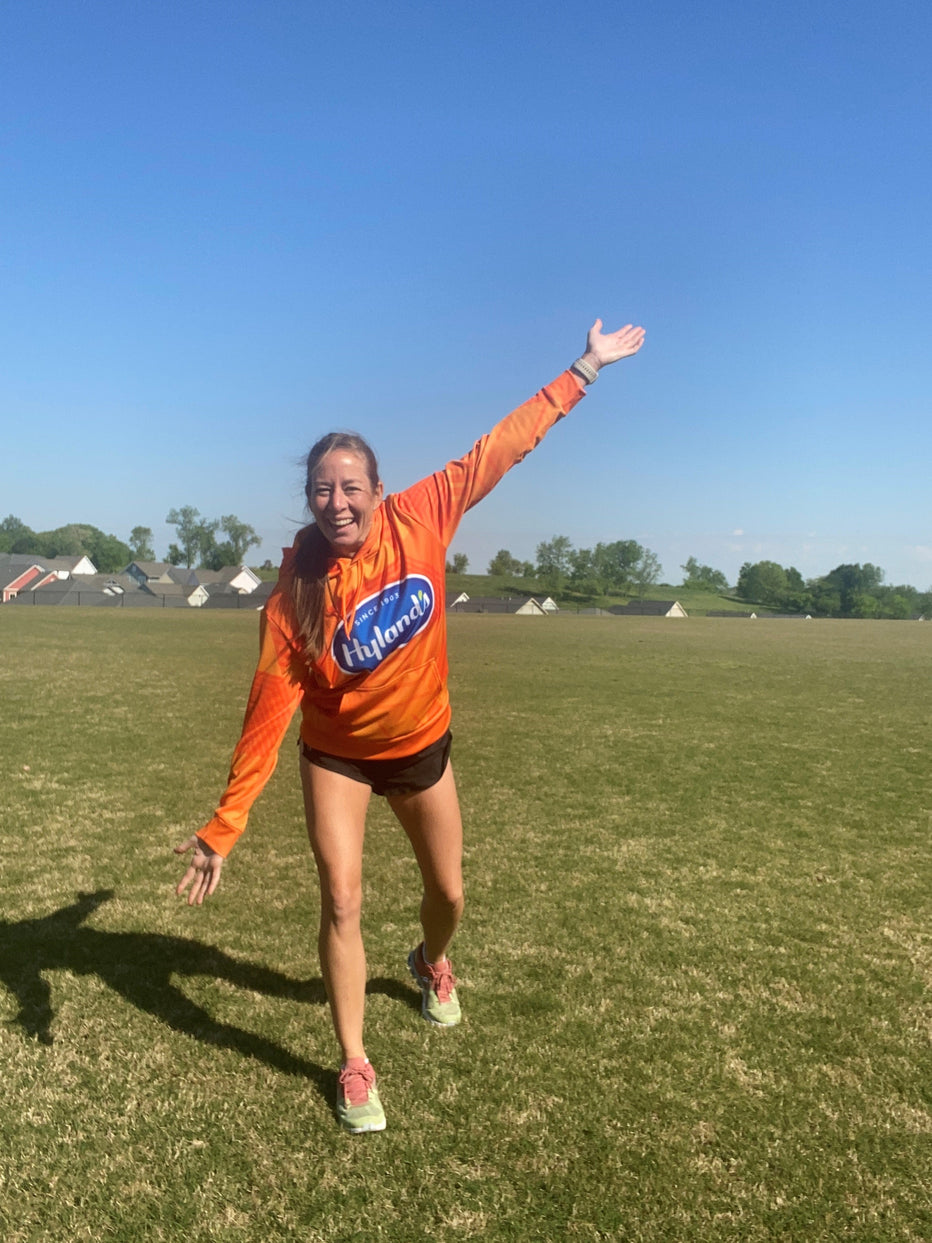In their book Peak Performance, consultant and writer Brad Stulberg and scientist/coach Steve Magness introduce the simple idea that STRESS+REST=GROWTH, no matter what it is you’re trying to grow. Whether it is a retail company looking to grow sales or a budding athlete striving for a PR, these principles will drive forward progression.
The day-to-day regime of “get up and go” brings all sorts of stressful moments our way, in our work, relationships, and training. Most of the time, our bodies can’t identify the stressors differently. Stress is stress is stress, from a relationship gone sour, to a solid workout that you nailed or failed, to an encroaching deadline at work. Without taking that pause of movement after an “all out” experience, there is an increased risk of injury, burn out, emotional distress, illness, or simply boredom. So how do we “rest” in order to grow?
Personally, when I’m under a lot of stress in my training from high intensity or volume, I usually turn to recovery methods and tools for a season to get back to a place where I can train consistently to improve performance. Massage and compression therapy (a massage gun can work wonders), cross training (my favorite is on the ElliptiGo), adjusting goals, and adding supplements top the list (always making sure iron levels are a-ok!), but after all that, there’s a simple tool that costs nothing, and perhaps could be the most catalytic in growth: SLEEP.
If you search “most effective recovery methods,” you will find structured rest and sleep at the very top of the recommendations. In a 2019 study in US adults, results show that an average night’s sleep rounds out to about 5.5 hours, even while the National Sleep Foundation recommends 7-9 hours a night. Given the last year with a major pandemic, that the average probably dropped even more in 2020. There is a laundry list of negative effects lack of sleep can have on an individual but it might be more encouraging to think about the positive additions sleep can bring, particularly to one under stress.
I know that when I get enough sleep (usually that means 8-10 hours a night), my muscles tend to feel better faster, especially after a hard workout. When I was starting to feel the effects of isolation at the end of the 2020, I felt like every day I woke from a quality night of sleep I was that much closer to good health. If things are going well and I’m sleeping regularly each night, I can concentrate better on my tasks at hand and complete them more proficiently. I also know that when I’m sleeping well, my body does a fantastic job of signaling clearer hunger and satiety cues. And if I want to look at the numbers, when I’m engaged in a pattern of suggested sleep each night, my cortisol levels are lower, and that means my heart doesn’t have to work as hard, which then makes me that much stronger in my workouts. It’s basic science – sleep does wonders!
If sleep is that great, what does this practically mean for anyone? Be intentional and consistent with your sleep patterns. Make crawling under the covers as routine as possible. Practice good sleep strategies like avoiding excess caffeine or alcohol later in the day, create a comfortable environment, avoid screen time right before bed, or maybe even move that 4 a.m. workout closer to 6 am to ensure your quantity of sleep is on par with your quality. Even an additional 60-90 minutes can impact your mood the next day!
In a recent podcast with Rich Roll, neuroscientist Matthew Walker dives deep into how “sleep is your super power” and shares more wisdom on how to prioritize this single most effective recovery strategy. It’s about 3 hours in length but covers almost everything you need to and ever wanted to know about sleep, mentions interesting research studies, and will convince you of the wonders that good sleep can bring to anyone, not just the athlete. Give it a listen…. just not right before bed!
By Amanda Ghent, Hyland's Powered Ambassador
